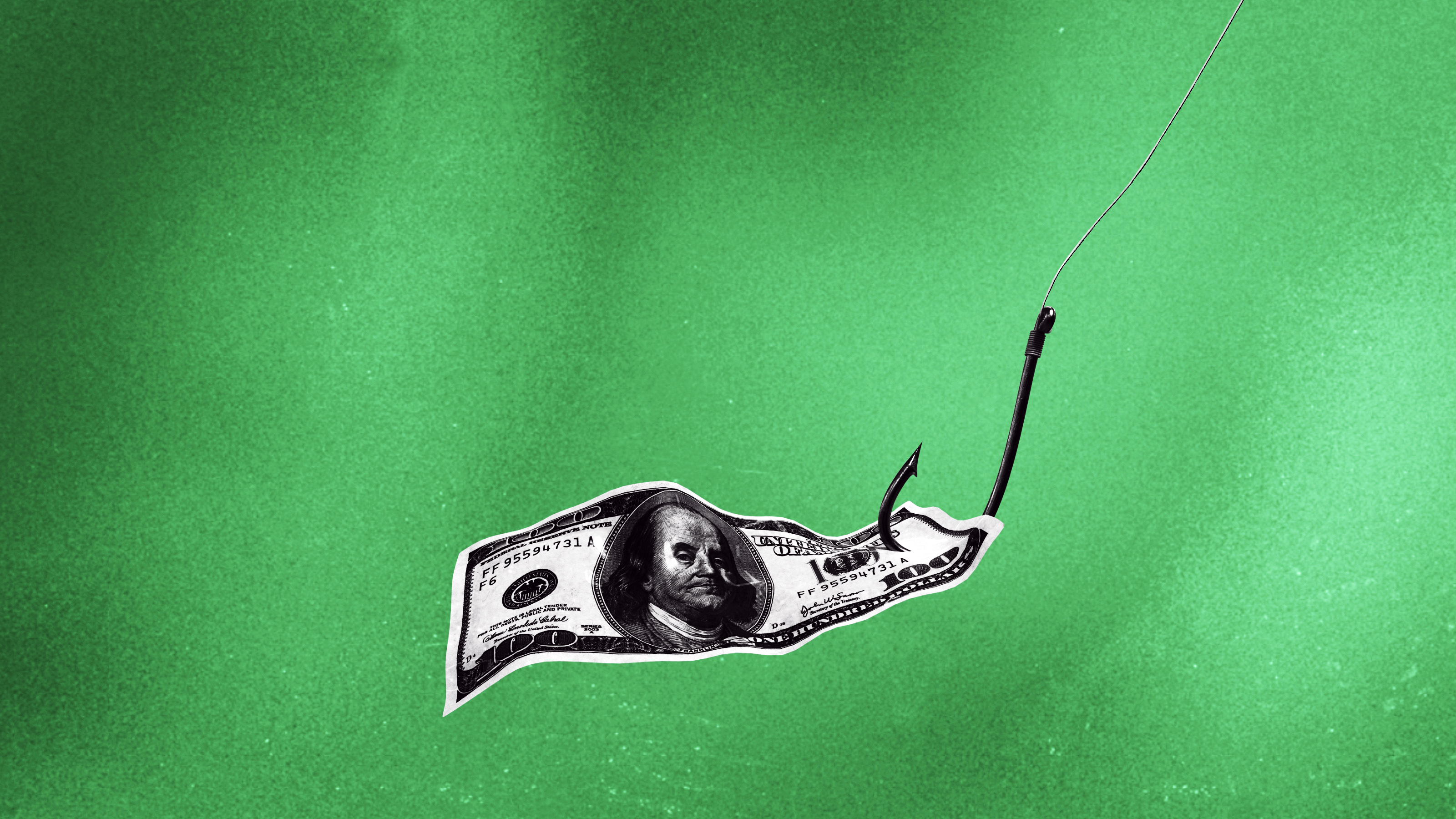How We Choose Between Good and Bad Behavior

What’s the Latest Development?
A comparison of scientific studies on moral and immoral behavior suggests that individuals are drawn to either good or bad actions depending on how they recall their past choices. When people are faced with a moral dilemma and remember their past selves more abstractly, i.e. as someone who is built of strong moral fiber, they are more likely act in beneficent ways. But when past actions are recalled concretely, i.e. as something that produced a measurably good outcome, individuals are more likely to compensate for that behavior by engaging in less noble acts.
What’s the Big Idea?
Researchers suggest that how we conceive of ourselves plays an essential role in how we will act when faced with a moral dilemma. “Some say the best way to convince others that we are trustworthy is to first convince ourselves; maintaining a healthy conscience might just be a ruse for manipulation. Others, including the economist Roland Benabou of Princeton, argue that it makes resisting shortsighted temptations easier: when you think you’re good, the choice to be good becomes automatic.” To encourage good behavior, we should focus on identity as the driver of moral good, not the outcome of the action.
Photo credit: Shutterstock.com





